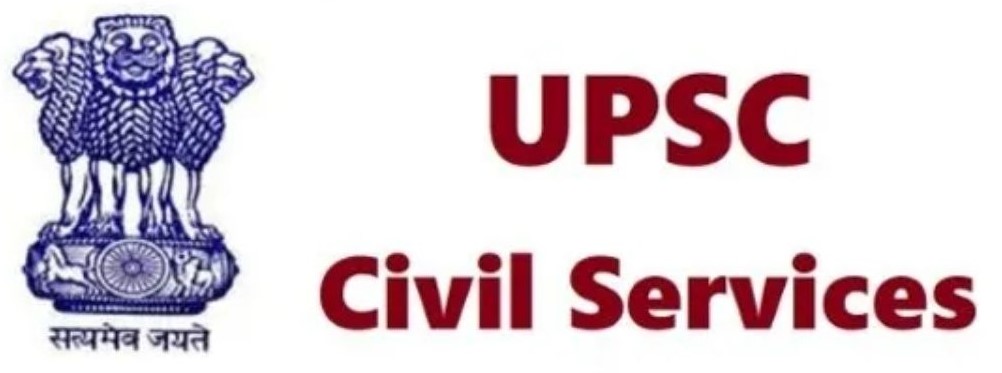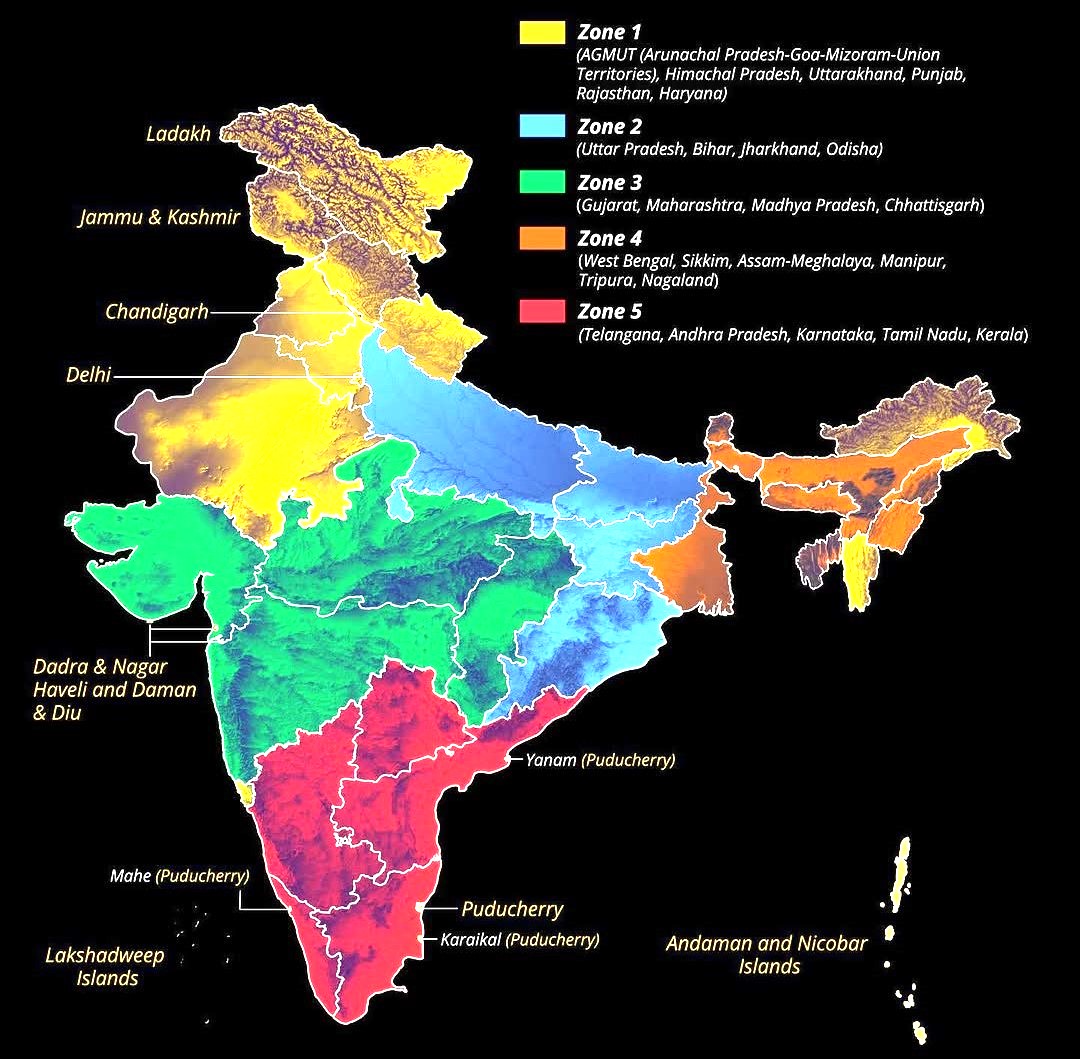The Indian Administrative Service (IAS) is one of the most prestigious services in India, established in 1947 as a continuation of the British-era Indian Civil Service (ICS). IAS officers play a vital role in governance and public administration, ensuring the smooth functioning of government machinery and the effective implementation of policies. With over 5,000 IAS officers serving in India, their impact on nation-building and societal development is profound.

Who is an IAS Officer?
An IAS officer is a civil servant appointed to manage the administrative affairs of the government at various levels—district, state, and central. The IAS is a part of the All India Services, governed by the All India Services Act, 1951. Selection into the IAS is through the highly competitive Union Public Service Commission (UPSC) Civil Services Examination, which sees over 10 lakh applicants annually, with only around 180 candidates ultimately joining the IAS each year.
Role at Different Levels: Center vs. State vs. District (With Rank)
At the Central Level
- Rank: Joint Secretary, Additional Secretary, or Secretary
- Responsibilities:
- Formulating national policies and supervising their implementation across states.
- Representing India at international forums.
- Coordinating with state governments and ensuring compliance with central directives.
At the State Level
- Rank: Secretary, Principal Secretary, or Commissioner
- Responsibilities:
- Drafting and implementing state policies.
- Managing departmental functions, such as education, health, or agriculture.
- Coordinating between the central and district administrations.
At the District Level
- Rank: Sub-Divisional Magistrate (SDM) or District Magistrate (DM)/Collector
- Responsibilities:
- Implementing development programs and maintaining law and order.
- Overseeing disaster management and election processes.
- Managing public grievances and coordinating with local bodies.
Key Responsibilities of an IAS Officer
- Policymaking: Formulating and implementing government policies.
- Administration: Supervising government departments and ensuring efficient operations.
- Public welfare: Promoting public welfare, delivering services, and addressing grievances.
- Law and order: Maintaining law and order and ensuring public safety.
- Financial management: Managing government funds and resources.
- Crisis management: Responding to emergencies and natural disasters.
- Strategic planning: Planning for long-term development and addressing challenges.
- Coordination: Collaborating with other agencies and stakeholders.
Power Provided To Civil Servent (IAS) To Maintain Law & Order
IAS officers, especially when serving as District Magistrates or Collectors, hold significant powers to maintain law and order. These powers are derived from various legal provisions, including the following:
1. Code of Criminal Procedure (CrPC): Sections such as 144, 107-110, and 133 empower District Magistrates to issue orders aimed at preventing public disturbances, apprehending individuals who pose threats to public peace, and taking action against nuisances that could disrupt public order.
2. Disaster Management Act: During emergencies or natural disasters, IAS officers play crucial roles in coordinating relief efforts, managing evacuations, and ensuring public safety.
3. Executive Powers: As representatives of the government, IAS officers have the authority to enforce laws, implement policies, and take necessary actions to maintain public order within their jurisdiction.
These powers enable IAS officers to effectively respond to situations that threaten public peace, ensuring the safety and security of citizens.
Special Roles in Different Sectors
Special Roles of IAS Officers in Different Sectors
IAS officers are the backbone of India’s administrative machinery, playing diverse and crucial roles across various sectors. Here’s a glimpse into their specialized functions:
- Rural Development: At the grassroots level, IAS officers can serve as Sarpanch/Village Heads, leading community development initiatives and managing local resources. They may also act as Block Development Officers (BDOs), overseeing rural development programs and coordinating with panchayats. At a higher level, they can head District Rural Development Agencies (DRDAs), implementing poverty alleviation programs and managing funds.
- Urban Development: In urban areas, IAS officers can lead as Municipal Commissioners, managing urban infrastructure, sanitation, and public services. They may also head Development Authorities, planning and executing urban development projects, overseeing land acquisition, and ensuring sustainable urban growth.
- Education: IAS officers contribute significantly to the education sector. They can serve as Directors of School Education, formulating education policies, managing school infrastructure, and ensuring quality education. At the district level, they can act as District Education Officers (DEOs), implementing education programs, monitoring schools, and addressing teacher training needs.
- Healthcare: In the healthcare sector, IAS officers can play pivotal roles as Chief Medical Officers (CMOs), overseeing public health services, managing hospitals and healthcare centers, and implementing vaccination programs. They may also lead National Health Mission (NHM) programs, managing resources and monitoring health indicators to improve public health outcomes.
- Finance: IAS officers are instrumental in managing the nation’s finances. They can serve as Finance Secretaries, advising the government on financial matters, managing the budget, and overseeing revenue collection. They may also lead as Commissioners of Commercial Taxes, administering commercial taxes, preventing tax evasion, and ensuring revenue generation.
- Infrastructure: In the infrastructure sector, IAS officers can lead as Chief Engineers (PWD), planning and executing public works projects, managing road construction, and overseeing infrastructure development. They may also serve as Irrigation Engineers, managing irrigation projects, ensuring water distribution, and promoting agricultural development.
- International Representation: Some IAS officers, such as Nirupama Rao (former Foreign Secretary), have represented India in global forums, showcasing administrative expertise.
These are just a few examples of the diverse and impactful roles that IAS officers play across various sectors. Their expertise, leadership, and commitment to public service are crucial for India’s progress and development.
The Impact of IAS Officers
On Governance
They drive policy formulation, ensuring efficient administration, maintaining law and order, and promoting good governance at all levels.
On Society
They play a vital role in social justice, community development, and addressing critical social issues like poverty, inequality, and environmental concerns.
On the Nation
Their contributions extend to national development, fostering national integration, and enhancing India’s global image through effective governance and impactful initiatives.
Challenges Faced by IAS Officers
- Balancing Political Pressures and Public Expectations: Officers often face political interference, such as frequent transfers (average tenure of 1.6 years per post).
- Resource Constraints: Limited budgets and staffing shortages hinder effective program implementation.
- Combating Corruption: Despite the Prevention of Corruption Act, officers navigate systemic corruption while maintaining transparency.
- Dynamic Socio-Political Scenarios: Evolving issues like urbanization and climate change require adaptive strategies.
Inspirational Stories of IAS Officers
- T.N. Seshan: As Chief Election Commissioner, he reformed India’s electoral process, introducing measures like voter ID cards.
- Armstrong Pame: Known as the “Miracle Man of Manipur,” he built a 100-km road connecting remote villages without government funds.
- Smita Sabharwal: The “People’s Officer,” improved public healthcare and education in Telangana through innovative programs like “Ammalalana” (maternal care).
Becoming an IAS Officer: A Career Guide
Overview of the UPSC Exam Process
The UPSC Civil Services Examination comprises three stages:
- Preliminary Exam: A screening test with over 10 lakh applicants annually.
- Mains Exam: A written examination covering nine papers.
- Personality Test: An interview assessing leadership and problem-solving skills.
Tips for Aspirants
- Focus on NCERT books and standard references like Laxmikanth’s “Indian Polity.”
- Stay updated with current affairs through newspapers like The Hindu.
- Practice answer writing to enhance clarity and structure.
Traits and Skills Required
Successful IAS officers exhibit leadership, resilience, and ethical decision-making. For instance, officers managing natural disasters must remain calm under pressure and coordinate effectively.
Conclusion:
IAS officers are pivotal to India’s progress, bridging the gap between government and citizens. Their responsibilities demand dedication, resilience, and a vision for inclusive development. For aspirants, becoming an IAS officer is a path to serving the nation and leaving a lasting impact on society. The role embodies immense challenges and unparalleled opportunities to contribute to India’s growth story.
- FAQs: Role of an IAS Officer
👉 An IAS officer is a civil servant responsible for managing the administrative affairs of the government at various levels—district, state, and central. Selection is through the highly competitive UPSC Civil Services Examination, with around 10 lakh applicants each year and approximately 180 candidates joining the IAS.
👉 IAS officers handle policymaking, administration, public welfare, law and order, financial management, crisis response, strategic planning, and coordination among various government departments and agencies.
👉 Central level: Formulating national policies and representing India at international forums.
👉 State level: Drafting state policies and managing departmental functions.
👉 District level: Implementing development programs and maintaining law and order as District Magistrates (DMs) or Collectors.
👉 IAS officers use provisions under laws like the CrPC and the Disaster Management Act to issue preventive orders, manage emergencies, and enforce laws to ensure public peace and safety.
👉 IAS officers contribute to rural and urban development, education, healthcare, finance, and infrastructure. For example, they may serve as Municipal Commissioners in urban areas or Finance Secretaries managing the nation’s budget.
👉 IAS officers often navigate political pressures, limited resources, systemic corruption, and evolving socio-political challenges like urbanization and climate change while maintaining transparency and efficiency.
👉 IAS officers drive policy formulation, ensure efficient governance, promote social justice, address critical issues like poverty and inequality, and contribute to national development and integration.
👉 Examples include:
T.N. Seshan: Reformed India’s electoral process as Chief Election Commissioner.
Armstrong Pame: Built a 100-km road in Manipur without government funds.
Smita Sabharwal: Improved public healthcare and education in Telangana through initiatives like “Ammalalana.”




